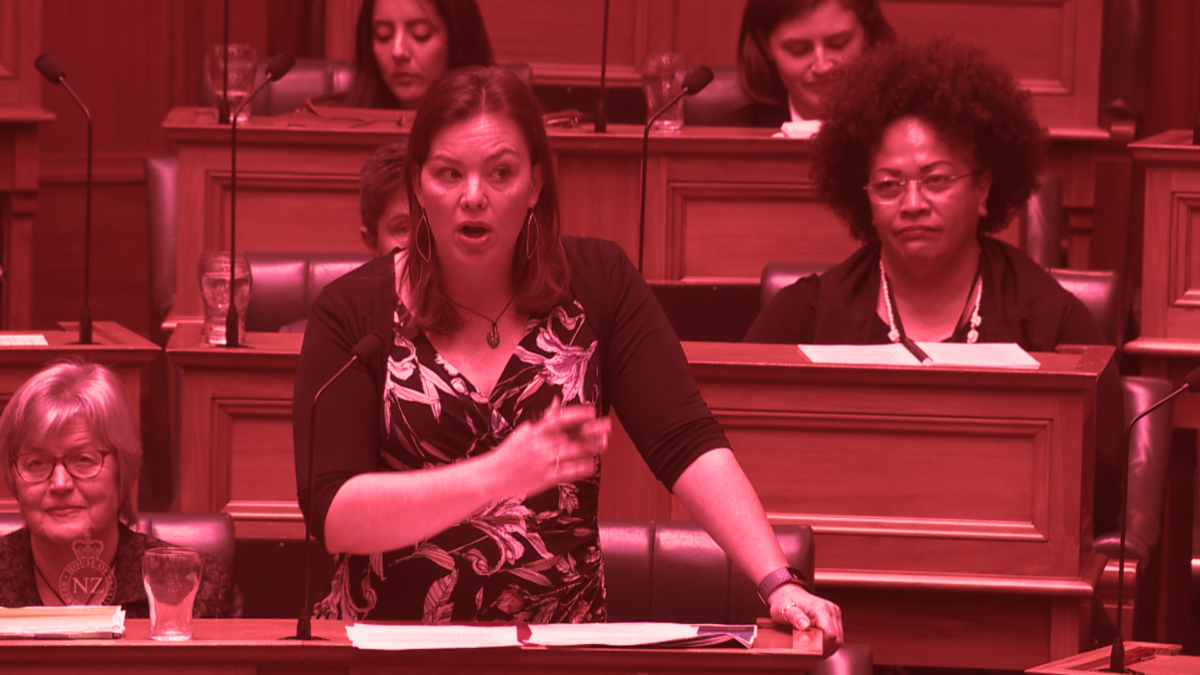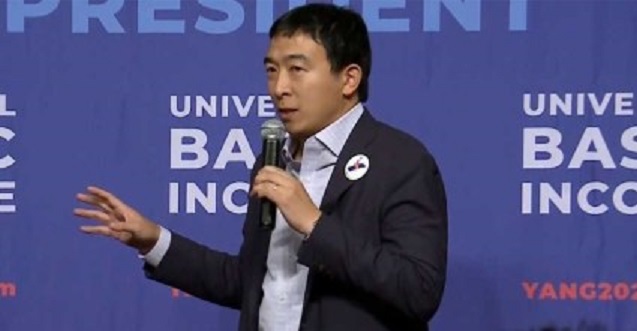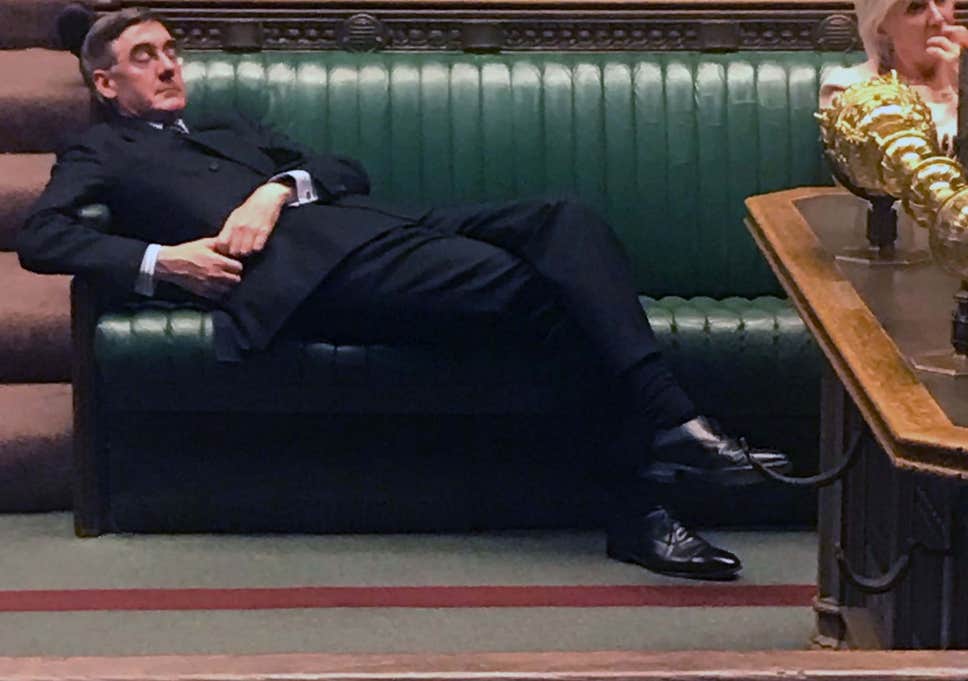Periodic outrage arises at something called the “Gender Wage Gap.” We are constantly being told that men are paid a certain percentage more than women because of anti-female discrimination and prejudice within the workplace. The problem is that the idea of a gender wage gap is absolute bullshit. Demographer Dan McGlashan, author of Understanding New Zealand, explains.
There is, indeed, a correlation of 0.23 between net median income and being male (and commensurately a correlation of -0.23 between net median income and being female). This is not a very strong correlation, and in this study is only on the borderline of statistical significance.
This does mean that men control slightly more of the nation’s money supply than women do. Some people, particularly on the left, make the assumption that all human population groups are precisely the same, and therefore any difference must be the consequence of oppression. The existence of a positive correlation between personal income and being male is taken as proof that women are systematically underpaid.
However, a closer look at the data reveals the lie in this lazy assumption.
The correlation between being male and having a personal income above $150,000 was 0.03 – essentially nonexistent. The correlation between being male and having a person income between $100,000 and $150,000 was even less than this, at 0.01. This shows that the distribution of the highest-earning jobs is almost perfectly even between men and women.
Indeed, we can see from Understanding New Zealand that there is essentially no difference between men and women when it comes to higher education. The correlation between being male and having a Bachelor’s degree is not significant, at -0.04, and for the postgraduate degrees the correlation is weaker still. So the equal share of educational achievement leads naturally onto an equal share of the top professional jobs.
The best-paid jobs in New Zealand are appointed on the basis of education and not gender. Further proof for this comes from the fact that the correlations between working as a professional and having any degree are extremely strong – around 0.80 to 0.90. The correlation between being a professional and being a male, by contrast, is not significant, at -0.10.
Nearer the centre of the earnings scale we can see that the correlation with being male rises, to 0.22, for an income between $50,000 and $60,000. This correlation is borderline significant, but it is in the wage brackets between $40,000 and $70,000 where the bulk of the nation’s income is earned. All of these wage brackets have a positive correlation of at least 0.18 with being male.
Lower down the earnings scale, we can see that the correlation with being male is negative for all income brackets below $30,000. It is a borderline significant -0.19 for the prime beneficiary’s income bracket of $10,000 to $15,000. Indeed, we can see that the correlation between being male and being on the unemployment benefit is -0.39, so women are significantly more likely to be bringing in less than average.
So if women and men are paid the same at the top levels, why do men earn more in the middle levels?
As mentioned above, the reason that men make more money than women overall is because of the fact that there are more of them in the $40,000 to $70,000 range and fewer in the $30,000 and below range. But the reason for this is not prejudice.
Most of this difference can be explained by the correlation of 0.48 between being male and being in full-time work. There is also a correlation of -0.48 between being male and being unemployed. Simply put, this means that men work a lot more than women do. Further proof comes from the negative correlations between being male and being on the unemployment benefit (-0.39), being on the invalid’s benefit (-0.26) or being on the student allowance (-0.21).
What this means is that the plum jobs are shared out equally between men and women, but the lower one goes down the socio-economic scale, the more likely it is that women will become unemployed instead. This makes perfect sense, because the less one earns the more marginal working becomes in comparison to spending that time on one’s family, and women are much more likely to make such a calculation than men.
The gap in earnings between men and women can be best explained, therefore, not by sexism or any other form of prejudice, but by life history patterns. Men tend to work hard as young adults and then work hard as older adults. Women, by contrast, tend to work hard as young adults and then transition to part-time work as they get older, shifting the primary focus of their concern from their career to their family.
What the statistics show is a very reasonable pattern of women starting out as professionals if they can, otherwise starting at the bottom and transitioning into family care as they age. Men also start out as professionals if they can and also otherwise start at the bottom, but the difference is that they tend to transition into managerial positions as they age. This is evidenced by the correlation of 0.49 between being male and working as a manager.
The “gender wage gap”, therefore, is best explained as the result of different choices made by the average man compared to the average woman. It has nothing to do with prejudice or sexism, and anyone claiming that it does is either misguided or lying.
*
Understanding New Zealand, by Dan McGlashan and published by VJM Publishing, is the comprehensive guide to the demographics and voting patterns of the New Zealand people. It is available on TradeMe (for Kiwis) and on Amazon (for international readers).




